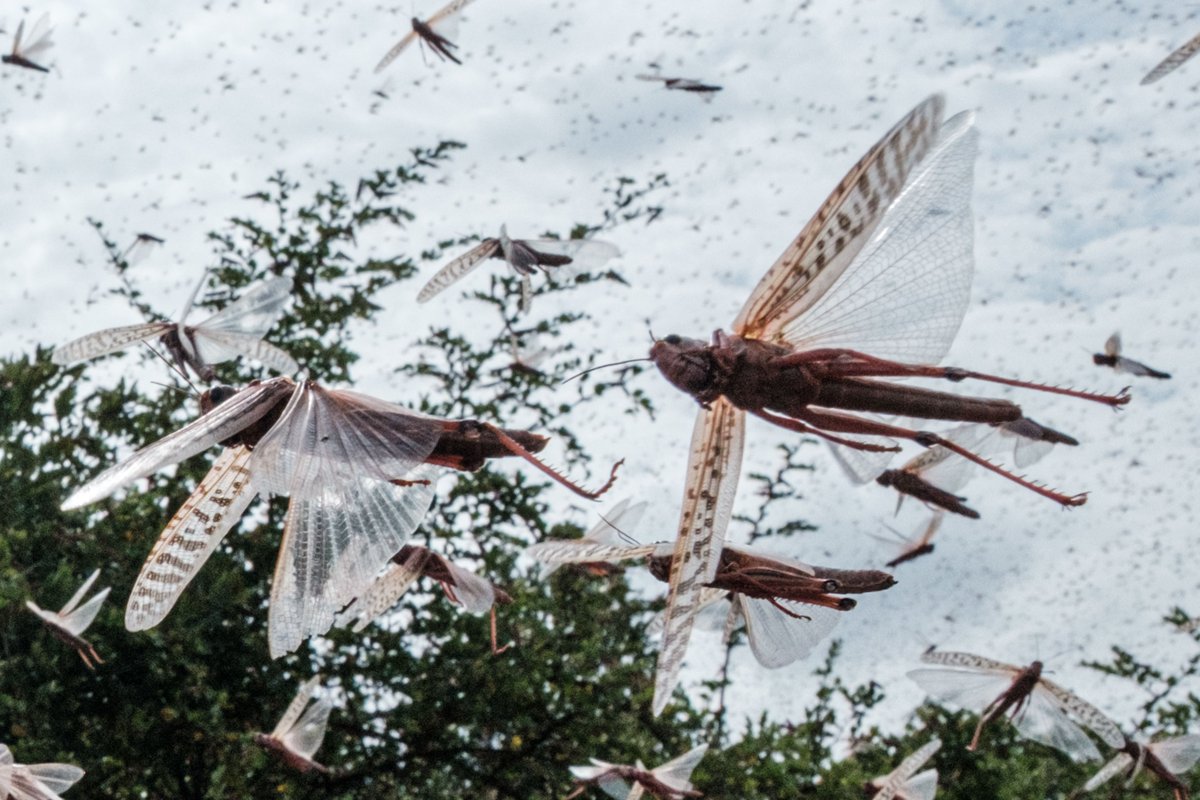
At Harewood House, in West Yorkshire, two men sat down for a difficult conversation.
“My great-great-great-great-grandparents were slaves on your family’s plantation,” the actor David Harewood told David Lascelles, the 8th Earl of Harewood. thetimes.co.uk/article/david-…
“My great-great-great-great-grandparents were slaves on your family’s plantation,” the actor David Harewood told David Lascelles, the 8th Earl of Harewood. thetimes.co.uk/article/david-…
“This is a fine house and beautiful grounds. But it was built on the proceeds of slavery. Do you feel any guilt or shame about that?” Harewood asked Lascelles.
“No, not in a personal way,” Lascelles replied. “I don’t feel that feeling guilty for something you have no involvement with is a helpful emotion.”
“You know, there’s nothing you can do to change the past, but you can be active in the present . . . What I am responsible for is what I try to do about that legacy. To try in a small way to make that a force for good today.”
This remarkable conversation was recorded for a new Channel 5 series, 1000 Years a Slave, which sets out to link the history of slavery to modern communities around the world.
The documentary was a deeply personal and emotional journey of discovery for Harewood, whose parents moved from Barbados to Britain in the late 1950s and early 1960s and settled in the Small Heath area of Birmingham.
The building of Harewood House was funded by the profits the Lascelles family accumulated from the work of thousands of slaves on Caribbean plantations that supplied sugar, rum, cotton and tobacco to an insatiable European market. 

On an emotional trip to Barbados for the new documentary, Harewood is shown a harrowing document — the Barbados Slave Code of 1661 — a piece of colonial legislation that held instructions for plantation owners on how to control their “chattels” with torture.
This included whipping them and branding their owners’ initials into their faces with hot irons. The code also stated that if a slave owner killed someone who belonged to them, they would not face legal consequences.
During breaks in filming, Harewood discussed the painful fact that the 2nd Earl, the man who inflicted back-breaking work on his relatives, is the source of his surname.
“Had I understood myself in this way sooner, I may have changed my name,” Harewood said.
“Had I understood myself in this way sooner, I may have changed my name,” Harewood said.

“You need to understand how painful it is to know that my ancestors were responsible for those terrible things,” said the 8th earl. “But as the beneficiaries of a terrible trade you have to face up to that in order to cope with the present.”
Harewood believes that believes black people suffer from the crimes of the past every day, leading them to question their identity and whether they belong here.
"It can be extremely frustrating, tiring and wearing. It creates a sort of erosion of one’s mental health."
"It can be extremely frustrating, tiring and wearing. It creates a sort of erosion of one’s mental health."

Read the full story: thetimes.co.uk/article/david-…
• • •
Missing some Tweet in this thread? You can try to
force a refresh






